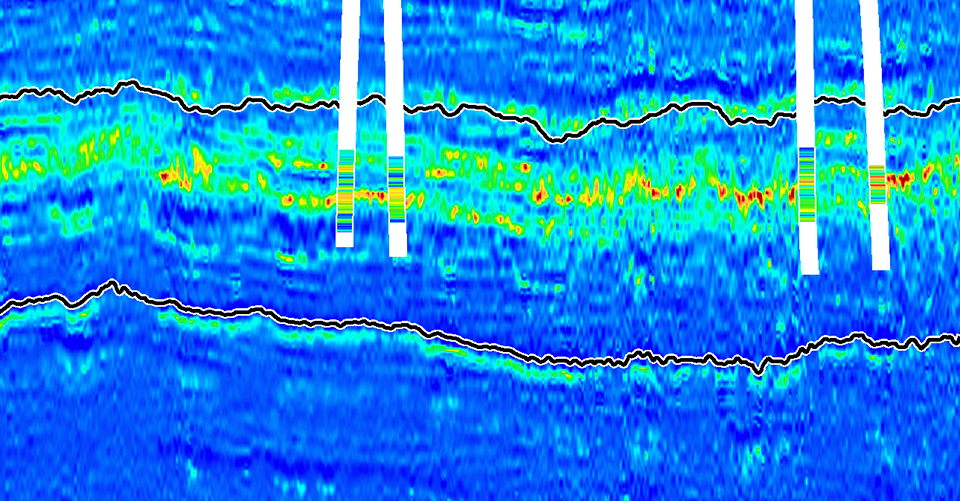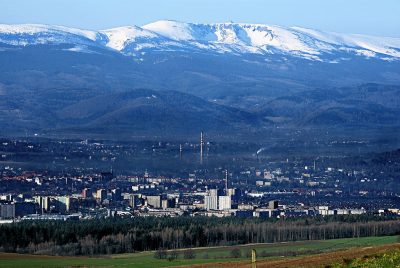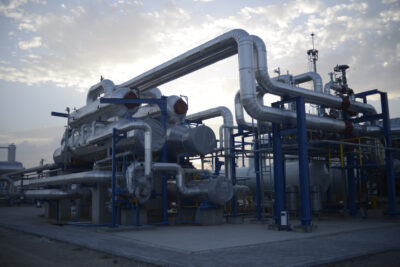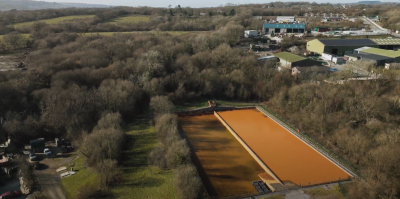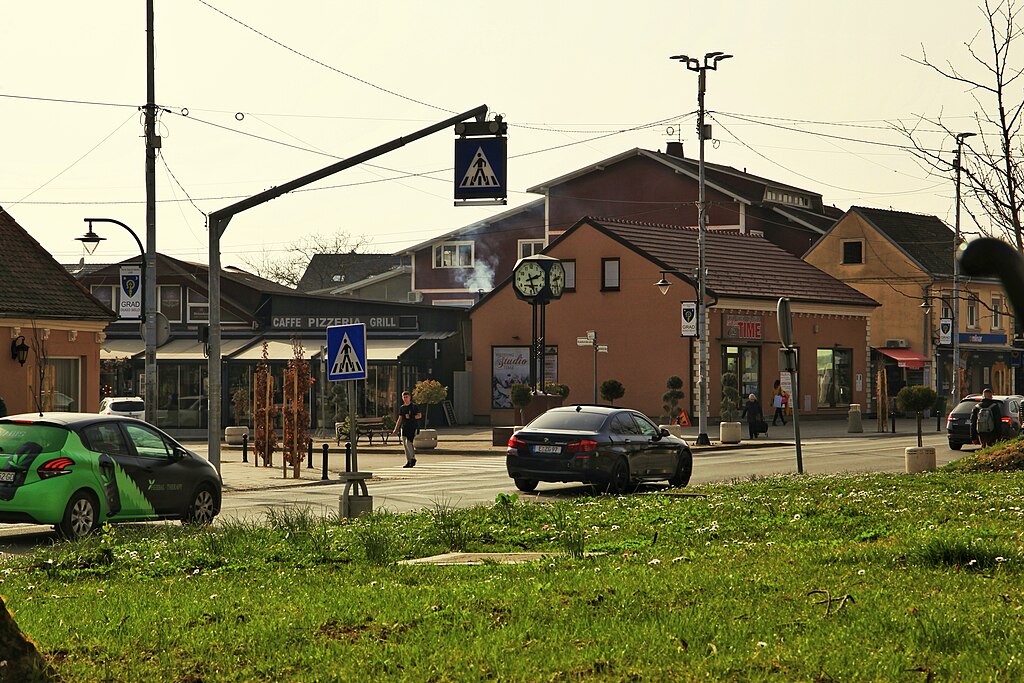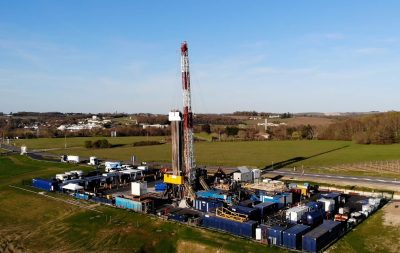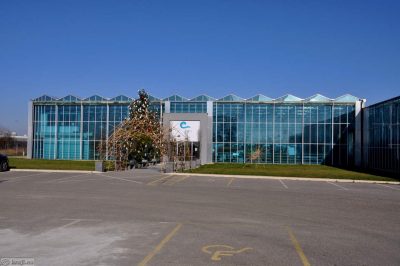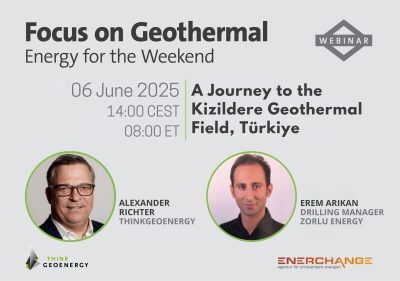CGG study wins SEG Best Paper Award
A study by CGG authors that uses machine learning and seismic data to characterize a carbonate geothermal reservoir in France has won the Best Paper Award from SEG.
A study by researchers from global geoscience company CGG has been selected to receive the Best Paper Award from the Society of Exploration Geophysicists (SEG). The study “Characterization of a carbonate geothermal reservoir using rock-physics-guided deep neural networks” was authored by Fabien Allo, Jean-Philippe Coulon, Jean-Luc Formento and Romain Reboul from CGG and co-authored by Laure Capar, Mathieu Darnet, Benoit Issautier, Stephane Marc and Alexandre Stopin from the French Geological Survey (BRGM).
The full text of the paper can be accessed via this link.
The winning study is one the use of machine learning and rock physics to process legacy seismic and well data for the characterization of a carbonate geothermal reservoir in the Dogger Formation, northeast of Paris, France. Synthetic data extracted from geologic knowledge of the region was used to train deep neural networks, which then processed seismic data to generate key reservoir rock properties.
The results from the study highlighted the presence of porous and permeable layers at existing geothermal wells. This knowledge will then be used for the design and location of future geothermal wells to be drilled in the area.
The growing interest in developing geothermal resources hosted in sedimentary basins may create increased demand for the technology and data originally developed for oil and gas exploration. France, in particular, may benefit from this new paradigm on account of the more than 100,000 kilometers of seismic data already available in prospective areas for geothermal heat production.
The techniques used in this study may be applied to any seismic reservoir characterization project, especially in exploration areas where well data is limited. Processing of legacy seismic data offers an alternative to conventional seismic inversion that should be considered before the acquisition of brand-new data.
We had previously featured the work of CGG in creating the GeoVerse lithium brine screening study, a data-rich screening tool that can aid in discovering and evaluating lithium brine opportunities.
Source: CGG
